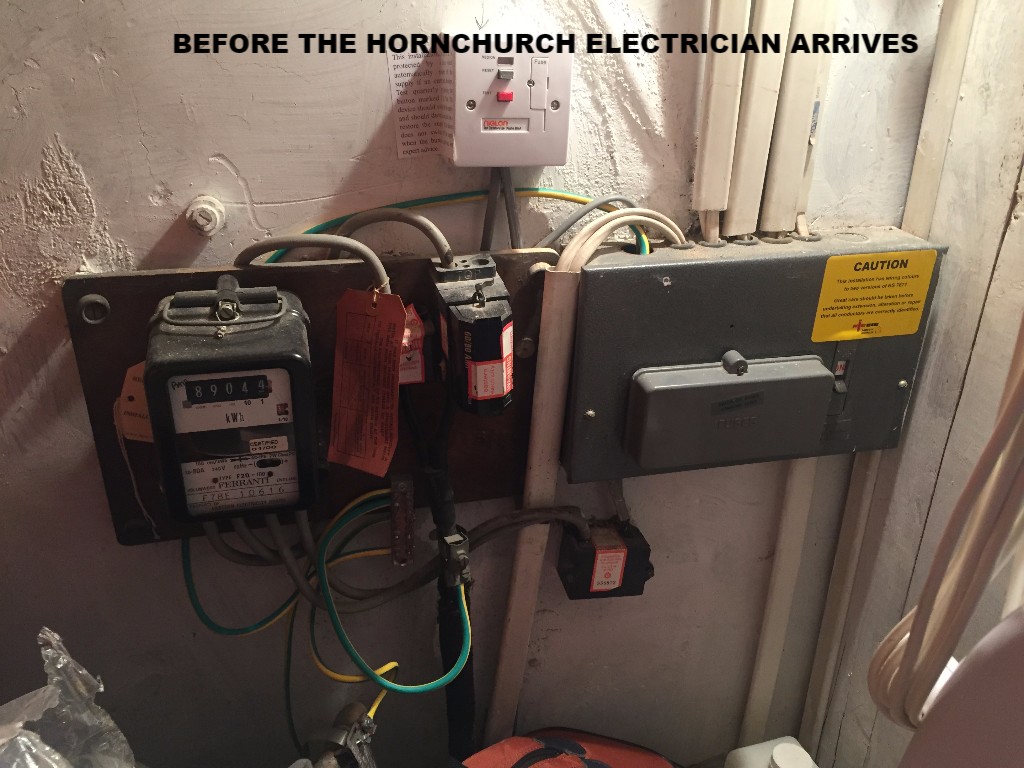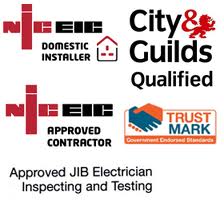Wondering what are the new laws regarding rentented property and electrical inspections ,then we are here to help, just call us and we can help you through the red tape and provide the correct paper work to comply with the new regulations
New Mandatory Electrical Safety legislation for landlords comes in on (England) from July 1st 2020
Landlord Electrical legislation 2020
Landlords need to be aware the electrical safety certificates will in law become mandatory for all new tenancies in England from July 1st, 2020.
All existing tenancies will have to comply on or before April 1st, 2021.
Due to COVID-19 pandemic, under the government’s guidance, landlords and letting, agents are required to continue to provide safe homes during the COVID19 pandemic.
Why have these electrical regulations been introduced?
Mandatory electrical safety checks for rental properties have been discussed for some time now. Most landlords already follow electrical best practices. However, the new regulation aim is to ensure that rental properties and the tenants are safe.
In 2018, a consultation was held by the Electrical Standards Working Group (ESWG) to discuss electrical safety in the private rented sector. In January 2019, the UK government published a response to the consultation that contained several recommendations. They concluded that it should be mandatory requirements for landlords to carry out electrical checks to take place every five years.
Which rented properties do the Electrical Safety Regulations apply to?
Under the new regulations which came into force on June 1st 2020, they apply to new tenancies from July 1st 2020 and existing tenancies from April 1st 2021.
The relevant date for determining when the new requirements apply is the date on which the new tenancy is granted. A new tenancy is one that was granted on or after June 1st 2020.
If a private tenant has a legal right to occupy a property as their only or main residence and pays rent, then these new electrical regulations apply. This also includes assured shorthold tenancies and licences to occupy.
Instructing an electrician to carry out an electrical safety inspection
When commissioning an inspection, to establish if a person is qualified and competent landlords and agents can:
- Check if the electrician is a member of a competent person scheme.
- Or require the electrician to sign a checklist certifying their competence, including their experience.
- Check to see if the electrician has adequate insurance and hold a qualification covering the current version of the Wiring Regulations and the periodic inspection, testing, and certification of electrical installations.
The purpose of the electrician report is to confirm as far as possible whether the electrical installation is in a safe condition for continued use.
In a domestic installation, permanently connected fixed current-using equipment, such as hobs, ovens, showers, night storage heaters, extractor fans and luminaires, is covered by the inspection and testing process.
What electrical certificate do I need?
Landlords will be required to provide tenants with an Electrical Installation Condition Report (EICR).
The checks entail a qualified electrician to check all the circuits from the consumer unit of the property and ensure they are safe.
Electrical Safety Standards in the Private Rented Sector (England) Regulations 2020 means landlords need to maintain their properties to ensure they are safe and compliant of the new electrical safety standards.
What are the new electrical standards I must comply with?
Electrical Safety Standards in the Private Rented Sector (England) Regulations 2020 means the checks must meet the 18th Edition of the Wiring Regulations.
What tenancies do the electrical safety regulations apply to?
The new regulations apply residential tenancies where tenants have the right to occupy either all or part of premises as their only or primary residence, they pay rent, and it is not listed as an excluded tenancy (detailed below) These new regulations currently apply to rental properties in England. The rules replace those already in place for HMOs in England.
Do I need to give my tenant an electrical certificate?
You are required under the Electrical Safety Standards in the Private Rented Sector (England) Regulations 2020 to give a copy of the EICR to your tenants before their tenancy commences.
Any re-inspections of the EICR, landlords are required to provide tenants, with a copy of the certificate, within 28 days of the inspection.
If your tenant or the local authority requests a copy of the EICR in writing, you must also provide them with the certificate within 28 days.
Landlords who do not comply could face financial penalties for non-compliance.
How often do I need to have an electrical check done?
A standard electrical inspection condition report EICR lasts five years.
I have an electrical certificate already; do I need to get a new one?
This is unclear at the moment, due to the fact the 18th edition came out in 2019. The regulations seem to suggest a property should meet the standards of the 18th Edition of the Wiring Regulations. This does potential mean most current electrical certificates before the 18th edition may be invalid.
How much does an electrical check cost?
This depends on the electrician, the property, and the size of the property. The cost could range from £80 to £200.
What happens if I have not complied?
You could face a civil penalty of up to 30,000 per breach.
The local authorities have the power to enforce the new regulations, where a breach has been committed.
Portable appliance testing (PAT) If electrical appliances, as part of a tenancy, are provided, the law expects them to be maintained in a safe condition that will not cause death or harm to the tenant.
The legislation does not set out how landlords should ensure they do this. We say PAT testing is always a good practice for landlords, although it is not a legal requirement.
Can I do electrical safety inspections myself?
Landlords are required to ensure, by law the following:
The electrical installations in a rented property are safe. You must ensure any appliance provide in the property meets CE marking standards and is safe to use.
Electrical Safety First (ESF) recommends that you carry out visual inspections of your property between tenancy agreements. All electrical work done inside your properties is carried out by a registered electrician.
If your property is a standard type of property or a Home in Multiple Occupation (HMO), all checks must be carried out by a competent, qualified person.
What is the extent of the inspection and testing?
Regulation 3(1)(b) of the Electrical Safety Regulations 2020 stipulates that every electrical installation in the residential premises is to be inspected and tested at regular intervals.
What is covered by the term electrical installation?
While the term is not defined within the new regulations, it refers to the definition within the Building Regulations 2010 for England and Wales. Which defines an electrical installation as fixed electrical cables or fixed electrical equipment located on the consumer’s side of the electricity supply meter. The wording suggests that the distributors and supplier’s equipment is not part of the inspection and testing. However, this is not in keeping with BS 7671:2018+A1:2020
The equipment at the intake position is owned by the distributor, with the meter, meter tails and isolator belonging to the supplier. However, as part of the inspection process, BS 7671:2018+A1:2020 requires the inspector to carry out visual inspection of the external condition of the distributor’s equipment.
Examples of distributor’s equipment requiring inspection include:
- service cable
- service head
- earthing arrangements
- meter tails
- metering equipment, and
- isolators
The equipment should be inspected for signs of exposed live parts, damage, or evidence of overheating. If a defect is observed, the person ordering the report should be informed immediately, as well as in writing. It is the responsibility of the person ordering the report to inform the distribution network operator (DNO) or supplier.
Does this Regulation apply to Social Housing landlords?
Social housing landlords are covered by several regulations which require electrical safety standards. At the moment Social Housing landlords are not required to have an electrical safety installation report every 5 years.
When will the electrical installation need inspection and testing again?
The new 2020 regulations require the electrical installation to be inspected and tested at intervals, not exceeding five years. However, this interval may be reduced by the inspector if there are any concerns regarding the installation. The requirements of BS 7671:2018+A1:2020, the frequency of periodic inspection and testing of an electrical installation shall be determined regarding the:

